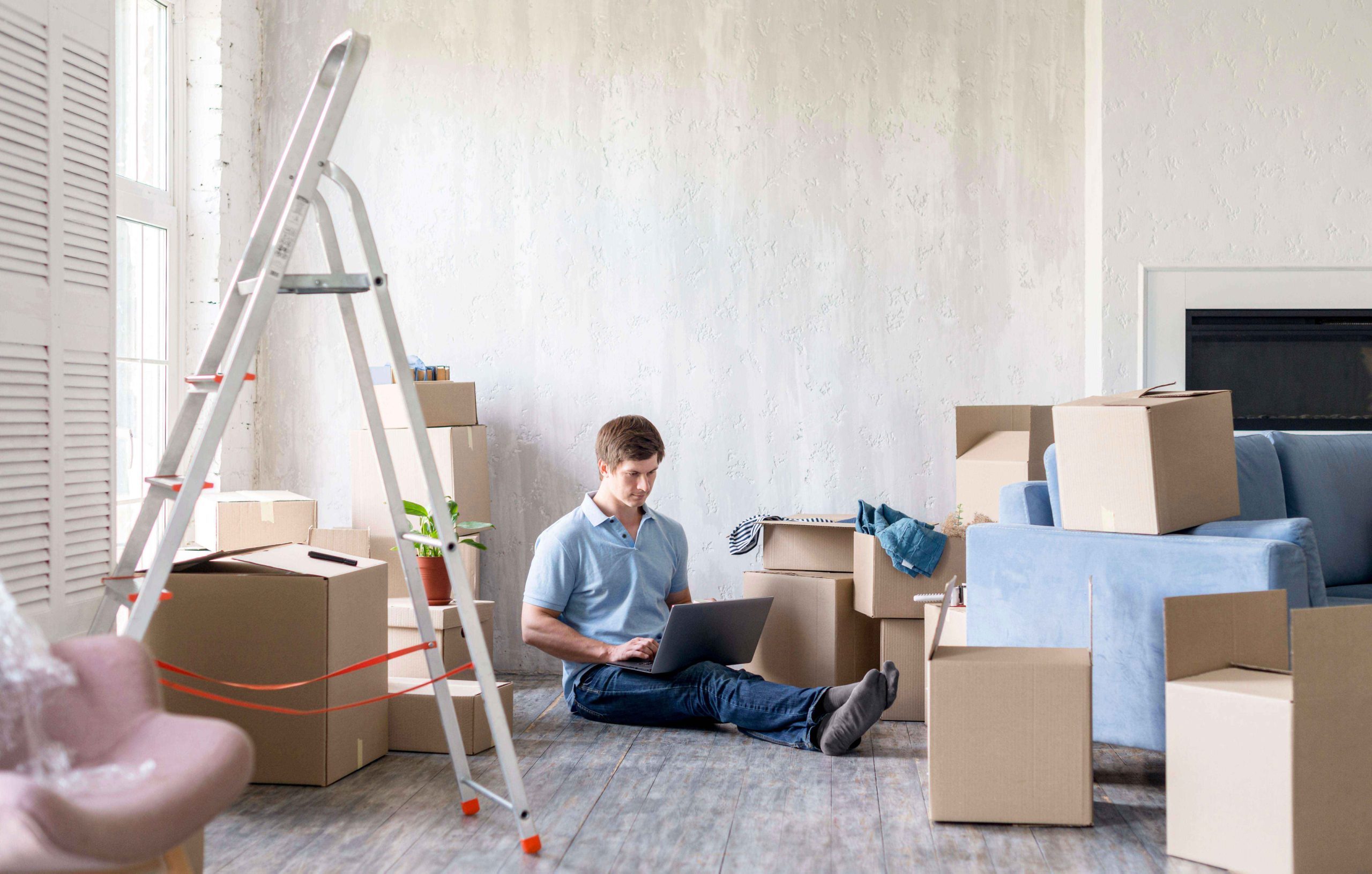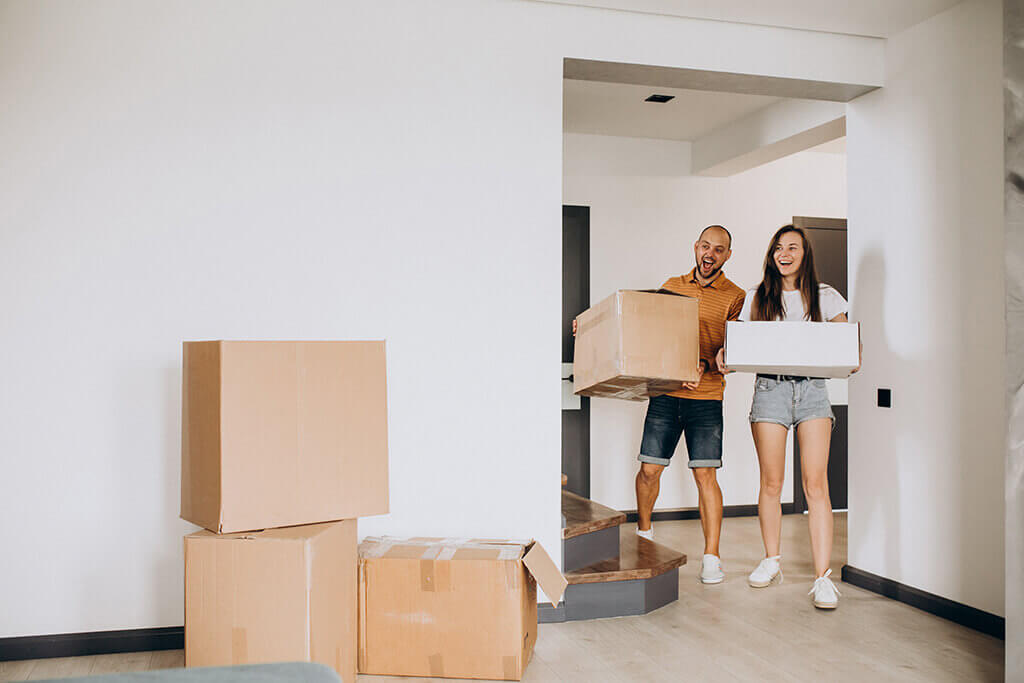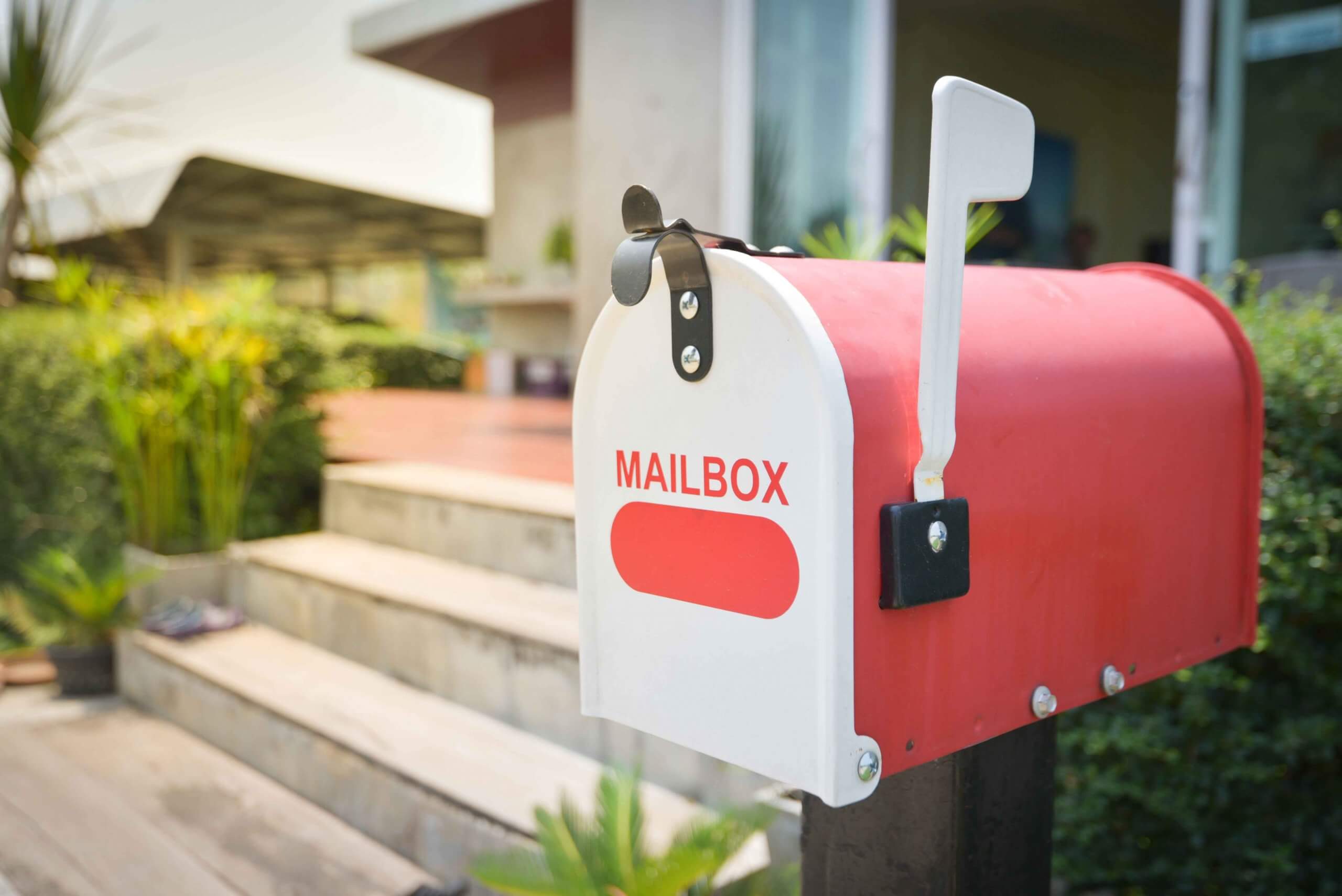- Earth Relocation
- October 19, 2020
-
Moving Checklist
At some point or another everyone either thinks about moving out or has to move out. you’re moving out on your own, moving out of an apartment into a new one, moving out of your state, or whatever other reason, moving out can give you jitters because let’s accept, it’s exciting but it’s also a lot of work. To mention a simple fact, when you move out of somewhere, you move into someplace else. And that is why moving out brings on you a lot of responsibility, especially when you decide to live all on your own. From looking after the house to looking after yourself, everything is on your shoulders. We have listed down few points about Things To Know When Moving Out.
Things to know when moving out
So, here are some things to know when moving out to make the process easier and hassle-free for you. These points are worth reading for even those who are looking for things to know when moving out of an apartment as well.
1. Start Early
Panic leads to chaos and to avoid chaos, you need to start planning how you’re going to move out early enough to save yourself from unnecessary hassle. One of the things to know when moving out of state is to plan at least two to three months prior. In case you’re moving out of your hostel into an apartment within the same city, a month of planning will be good enough. For people moving out of their parent’s house, realize how big of a change this is early on so you can start adjusting to the thought of living on your own. If the living all on your own doesn’t seem right, you can also find a friend or acquaintance with whom you can share a house with.
2. Find a suitable place to live
The first and foremost of the things to know when moving out of state is to start searching for a suitable house or an apartment because this may take a lot of time. You need to consider a lot of things. The location is the foremost. Your new home should be near to your place of work or your university. This will help in reducing the commuting time as well as money. The next thing to consider is how safe and secure is the locality or the area before you decide on a place. By choosing a safe locality you can have a sense of security and mental peace. One more thing to keep in mind is how far is the market place from your locality. You will require groceries and other essential items regularly, so make sure you live near the marketplace.
3. Work on your credibility
Credibility here refers to your financial credit rating. As already pointed out, moving-out comes with its own set of responsibilities, and working on your financial credibility before you move out will help you deal with any unforeseen expenses if they arise. The easiest way to build a credit history is by using credit cards.
Get your hands on a credit card with low-interest rates and start using it for regular expenses. Your credit history will start building as you go on using it. To gain good financial credibility, set a date, say 5th of every month, to pay your credit card bill avoiding any delays.
This will help create a proof that you can use your credit card and consistently make payments and improve your credit score which is one of the most important things to know when moving out of an apartment.
Your credit history mainly influences how able you are to obtain credit and the terms in case the credit is granted. But will you believe if I told you that a credit history can also influence the non-financial parts of your life? Yes, it’s true. Not just lenders but employers can look at your credit history, if you permit, to decide whether to hire you and even landlords while deciding to rent you the apartment or not.
4. Reflect on your Lifestyle
Living is expensive, surviving is not. Let that sink in for a moment and start reflecting upon the way you spend your money. Think about the past 3 months and make a record of all the expenses you’ve made. Divide them into 3 sections – required, occasional and unnecessary. The “required” list will contain expenses like water, electricity, gas, food, rent, etc while the “occasional” list will have expenses like eating out, manicure, clothing, shoes, etc. And then comes the unnecessary expenses. This will include all the things that are not under the “required” or “occasional” expenses. Cut back on these expenses. As for the required and the occasional expenses, see if you can find a cheaper option and opt it at the earliest. This will help you in managing your monthly finances will ease and even save a portion of your money every month, which newly “moved outs” find a bit difficult to do.
5. Start Paying at least one bill
One of the things to know when moving out on your own is that you need to start paying at least one bill all by yourself. Better if you start doing this before you move out. You can start by something as small as your telephone or cell phone bill and make a few payments before you move out on your own. Find bills that are specific to you and not the entire household and then, pay those bills in full every month and on time. This can help you build a credit score as well as help you start taking on responsibility.

6. Get a Job
If you’re moving out for a job, then you can skip this part. But if you’re moving out for studying or just want to start living on your own, you are going to need a job at your move-in city to pay off your expenses. Those who head out into the world to start their first job, most start with an entry-level position. And such positions do not have high packages. But don’t let this discourage you! You can use such a job to learn a lot, build your talent and ambition, and open yourself to opportunities for success in the future. There are many work-from-home opportunities available. You can apply to these and start working way before you move out and save some money for when it’s time to move out. One perk in this will be that you won’t have to switch jobs when moving out and earn a steady income.
Even if you do land a job in your move-in location, evaluate if it’s covering the rent and other major expenses. If it doesn’t, maybe it’s not the time to move out on your own before you have some stability.
7. Switch utilities
List out all your utilities and their service providers, for example, any magazine or newspaper that only you read, cable connections, internet service, home phone and memberships to local clubs and organizations and the other utilities in your old home and time them to be canceled and disconnected on the day after your move. Look out for any cancellation charges that you may have to pay.
Arrange for the water, gas, and electricity at your new home to be ready on your final move-in day. The other non-essential facilities can be connected after you’ve moved in. Consider all the installation charges and deposits that you might have to pay to get the utilities turned on in your new house or apartment.
8. Sort out your belongings
Next in the list of things to know when moving out of an apartment and moving into a new place is that you will have to leave some of your belongings behind. Why? Because things you did back in your old house will be different from what you do in your new house. New surroundings will require changing your lifestyle too. Therefore, there’s no point in moving all the stuff you own to your new place. It will not only be expensive but also difficult. So, spare yourself some energy and money. Sort out your possessions by assessing their practical, sentimental and financial value and take only the things you need and love.
9. Set a budget for Moving out
Another of the things to know when moving out on your own is whether you can afford it or not. Assess the expenses involved with relocating and then calculate if your savings will be enough to fund your relocating endeavor. These expenses will include fees of the moving company, rental truck, cost of the packing material, road tolls, parking tickets, travel expenses, and other post-relocation expenses. If you don’t think your savings will be enough, start saving early on by creating a fund for relocation.
10. Gather important documents
It’s no surprise that documenting, no matter what kind, can take a lot of time, effort as well as energy. List out all the records and papers that you will need before moving out, during moving-out, and immediately after you move-in. Then, start collecting and organizing these documents into different envelopes or files and label them. Pack them properly so that you don’t have to open box after box to find them and they are handy as and when you need them. The best option is to carry them with you during your travel so that you don’t lose them. You will need personal documents, financial documents, and property-related documents. Apart from these, make sure you keep all the moving paperwork. It is also advisable to keep your medical records and school records. Make copies of important documents (photocopies and digital copies) and take appropriate measures to prevent identity theft.
All of these points also relate to things to know when moving out of state as well. Doing all of these will make your process smoother and probably give you no headaches.
Here are some important Frequently Asked Questions (FAQs) people ask when they are moving out:
What to do when moving out?
To list a few things:
- Sort out your belongings. Leave behind things that you’re not going to need in your new place. Take only the things you need and love the most. For instance, you can leave showpieces and plants behind. These can be bought wherever you go.
- Gather all your important documents – personal, financial, and property-related. Documents are required everywhere and are proof of your existence and identity.
- Switch all your utilities so that you have all the essential services running when you move-in.
- Set a budget for relocation to avoid any unnecessary expense and not burn out all your savings.
What are the most important things for moving out?
The most important thing to do is to pack-in-advance and organize all the stuff you’re going to move to avoid any unnecessary hassle at the last moment. Do not forget to label you’re your boxes properly to remember what you kept where. Book a professional mover and packers’ company to make the process easier and find a suitable house or apartment well-in-advance. It will also help if you pack an open-first box that will include all your essentials required immediately after you move-in.
What are the things to learn before moving out?
You need to start building a positive credit history before you move out. Working on getting a job in place will also help in making the moving out process easier. You should also start reflecting on your lifestyle and learn some skills that are required when living on your own like paying bills, managing monthly expenses, grocery shopping, cooking, and other such life skills.





